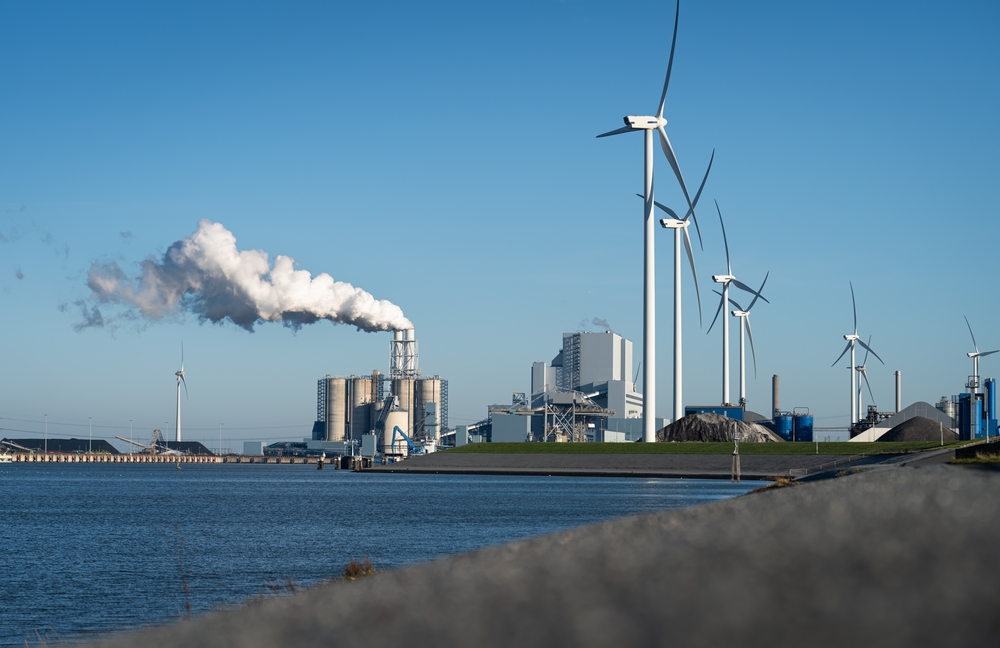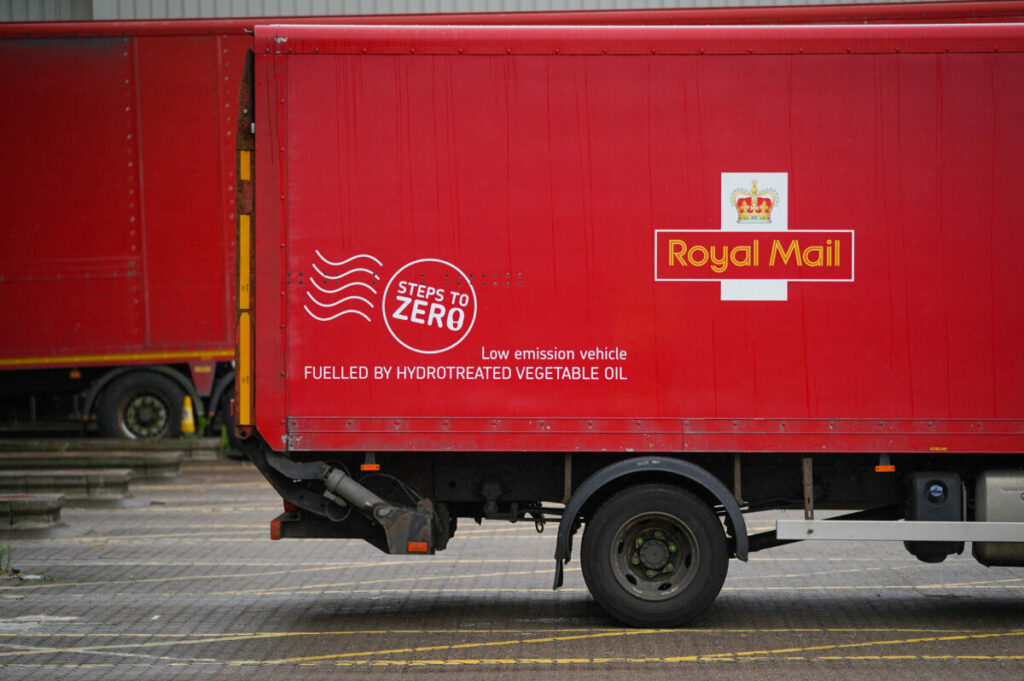Fossil fuel generation in the European Union (EU) in the first half of 2023 collapsed by 17% to lowest on record, with 33% of the demand, data from Ember has revealed.
In May, coal set also set record by generating less than 10% of the EU’s electricity generation for the first time ever.
Ember data analyst Matt Ewen said the collapse in fossil fuels is “a sign of the times.”
“Coal and gas are too expensive, too risky, and the EU is cutting them out,” he added.
“But we need to see clean power replacing fossil fuels faster. A massive push, especially on solar and wind, is urgently needed to underpin a resilient economy across Europe.”
Subscribe to Sustainability Beat for free
Sign up here to get the latest sustainability news sent straight to your inbox everyday
Electricity demand also fell by 5% during the first half of 2023, which Ember states is responsible for majority of the decrease in fossil fuel generation.
The first half of the year showed that renewable energy, solar in particular, is growing, with a 13% increase compared to the same period in 2022. Wind generation also rose by 5%, while hydro recovered towards average levels (increase of 11%). Nuclear fell by 4% but Ember predicts that it is set to improve as the year continues.
As reported by the Guardian, the data correlates with research by the Centre for Research on Energy and Clean Air (CREA) which showed “a clear shift away from fossil fuel-based power generation in the EU”.
But even as high energy prices have brought down demand, “the EU’s reliance on fossil fuels persists”, said Petras Katinas, an CREA energy analyst.
“This dependence extends to external sources as well,” he continued.
“Given that a significant portion of the EU’s fossil fuel needs are met through imports from third countries, a vulnerability exists.
“Even a minor disruption in the supply chain could lead to price hikes and potential energy shortages,” he added.















